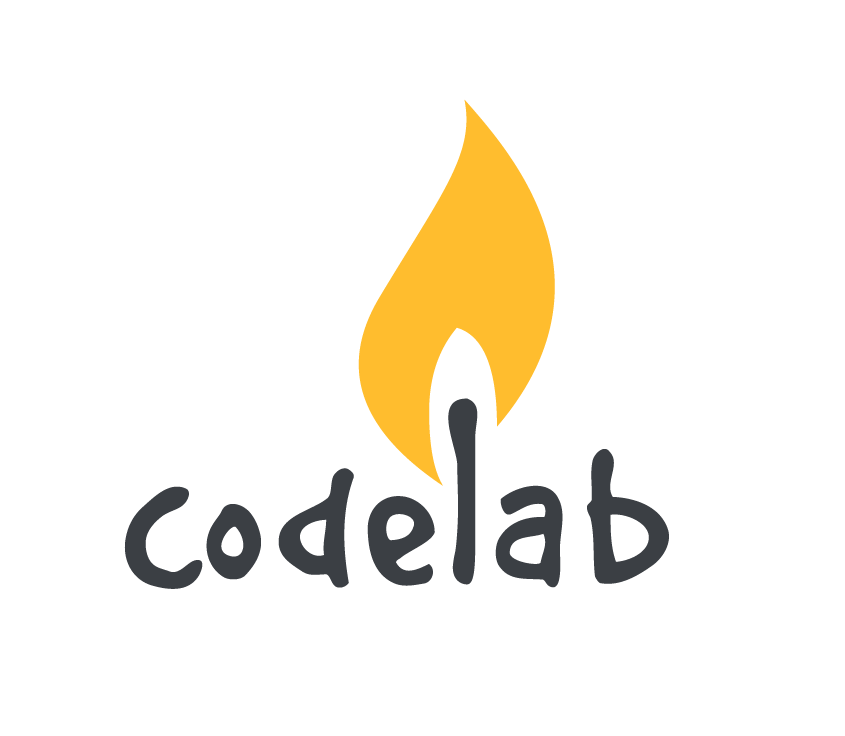分享一篇介绍 DynamicLand 的文章:DynamicLand 501C3 Narrative
看文章之前建议先看看 DyanmicLand 官网,了解背景信息。摘录其中的一些内容:
The mission of the Dynamicland Foundation is to enable universal literacy in a humane computational medium.
The greatest leaps in the progress of civilization have come from new forms for seeing and discussing ideas: written language, printed books, mathematical notation. Each of these mediums enabled humanity to think and communicate in ways that were previously inconceivable. Each medium was made possible by public institutions committed to providing universal access and education.
The computer has the potential to become the next great medium of thought, in which every human being is literate and fluent in a computational medium for understanding and debating complex systems. Such a literacy, made universal by new public institutions, could empower humanity to address its ever-growing systemic crises, and develop a more democratic and enlightened civilization. However, the computer as we know it today cannot serve as a basis for this vision, for two reasons:
- Productization. Today’s computers and apps are products, created by professional elites for consumers. To use a computer means to constrain one’s work and thought to the features of these mass-produced “tiny worlds”. This is utterly unlike real literacy, which is an ability that we teach to every person, empowering them to create their own writing to express any possible idea without constraint. There exists no corresponding form of computing: an ability which could be taught to every person, empowering them to create their own computing environments to express any possible idea computationally.
- Isolation and disembodiment. Computing today takes place on private individual devices, so every move toward computationally-aided discourse pulls people apart into isolated virtual worlds, depriving them from working face-to-face with others, working with their hands, and using the space around them. The vast repertoire of human abilities is reduced to scrolling, clicking, typing, and staring into screens. This is inhumane.
These problems call for a fundamentally new form of computing. Instead of a product, it must belong to the public: a public good transmitted by public education (like written language) supported by public institutions (like libraries, schools, and museums) and powered by public utilities (like electric light). Instead of isolating and disembodying, it must bring communities together in the same physical space, to teach and discuss ideas face-to-face, to build and explore ideas with their hands, to solve problems collectively and democratically. For universal literacy, and for a humane medium, these are requirements.
The Dynamicland Foundation pursues its mission in two ways: (1) deep research into novel forms of humane computing, and (2) incubating a culture of literacy via the development of educational and community-based institutions.
Because everything is out and visible, people readily learn from and remix each other’s creations.
Unlike isolated apps, these projects all exist in the same space, can all be interconnected with one another, and can all be used by many people together. Anything can be freely modified by anyone, and often is.
This is “communal computing”, and Dynamicland believes it to be the most humane and empowering basis for universal computational literacy.
A new form of literacy cannot be invented by researchers in isolation. It must be co-created by communities shaping it for their own needs and teaching it to others. Dynamicland intends to incubate a culture of literacy in two ways: by opening and operating public-access community spaces, and by working with existing communities in mission-aligned public institutions such as schools, libraries, museums, arts spaces, youth groups, and science labs.
摘录的内容有点多(感觉干货太多 ),有时间还是建议看原文。
),有时间还是建议看原文。
